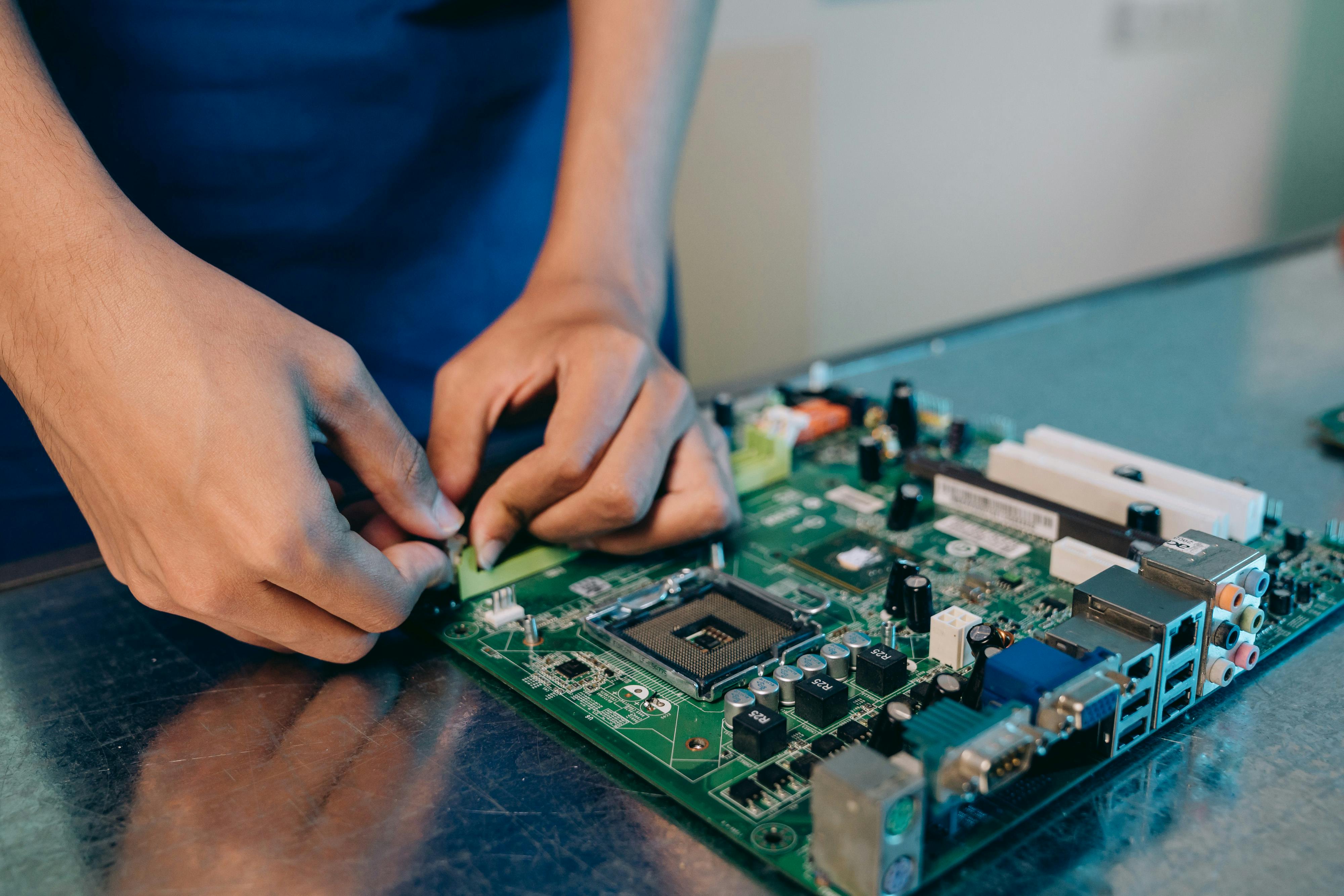Lack of regulation of electronic waste impairs the health of the poorest
- Digitalisation is sometimes called "dematerialisation", although in more than one part it is very material: from the production of appliances to our everyday use and ultimately to waste management, besides emitting many greenhouse gases, it produces a lot of pollution. For most users, these impacts and the evolution of waste are unknown, but those who live among electronic waste pay for their health poor management.

The first smartphone was manufactured in 2007, which soon became the world’s leading mobile phone type in 2014. By 2019 production exceeded 10 billion barrier and the following year increased by 3 billion. Production continues to grow and this year 5 billion mobiles will turn into trash, as the Cellular News website recently explained. This is to launch almost two phones for every three inhabitants of the planet this year, with the valuable and toxic metals that contienen.Para make a 120-gram smartphone it is necessary to use
70 kilos of raw materials to extract from it some scarce metals. There are over 5,000 million phones, approximately 80,000 tons of copper, 1,750 tons of silver, 170 tons of gold and 75 tons of palladium, including plastic. Much of it will be lost rather than recycled. The performance of the devices to be recycled will not be achieved without collateral damage: tons of mercury, lead, cadmium and arsenic will be able to contaminate soils, waters and atmosphere if appropriate measures are not taken. Indeed, according to the Cellular News website, in many regions there is no specific regulation on electronic waste, which facilitates the illegal marketing of electronic waste. Regulations, instruments for the protection of workers, measures for the protection of the environment... this entails costs and, if costs are reduced, some companies carry part of the problem at a low cost.
Beyond phones, according to the United Nations Training and Research Organization (UNITAR), in 2019, 53.6 million tonnes of electronic waste were generated, of which 5.1 million tonnes were exported, mainly uncontrolled or illegal. The biggest problem is that you can't document what happened to 44.3 million tons. They followed suspicions, routinely threw them, illegally saved them or unduly recycled them. The main exporters of garbage are Europe, North America and East Asia, where China is the main exporter. The recipients are Africa, South-East Asia, Central and South America. India shows some cross-border movement, but UNITAR-UNITAR- considers that there is a large informal market.
Rich trash, poor disease
On the outskirts of New Delhi, in the city of Seelampur, the trucks arriving every morning drop tons of computers, screens, phones and air conditioners. Some inhabitants of the area try to recover metals from those waste, many of them adolescents or children, driven by poverty to this toxic trade. Circuits, batteries and capacitors are extracted from the giant ridges and their metals are extracted, with the means and protective measures they contain, either by combustion or by maceration in acid, without any protection. It is clear that the environment is very polluted and that the health of these young people is affected. Severe skin diseases and lung infections are common among natives through daily inhalation of mercury, lead and arsenic. India has made some efforts to regulate e-waste recycling activities and the laws were voted on in 2011 and 2016 so that all these landfill sites have a compulsory authorisation and protective equipment for their workers. However, according to various NGOs, these laws are not properly implemented and the electronic waste market remains largely unregulated.
We could say that India follows the pattern of the rich countries, where not only is toxic metals not correctly recycled, but exports to poorer territories. The Indian company Metssa Trading opened a vehicle battery recycling workshop in the coastal city of Vindoulou Congo about twenty years ago. Among its inhabitants, chronic cough, bronchitis and pneumonia are frequent and the blame for lead is identified. Metssa Trading is also planted in Cameroon and Ghana. According to a toxicological study conducted by the journalist group The Examination ("Azterketa"), lead concentrations in the land near the factories of Vindoulou and Douala (Cameroon) are thousands of times higher than the level that would require cleaning according to US standards. With the concentrations of lead found in the blood of many people and especially many children, they would be taken directly to the hospital if they lived in the United States. Lead not only affects the lungs, it can also cause cancers or brain damage. According to The Examination, its authorities are aware of the dangers, but do not want to communicate information: we know little about the results of the checks carried out in the workshops or the permits granted to build houses near them. This situation is due to the coincidence of conventional vehicles and electric vehicles the problem can go beyond the disappearance.
Moderation, force majeure
As regards telephones, screens or vehicles, in current consumption models and in energy transition policies, moderation is hardly mentioned, except for restrictions imposed under this name. According to expert Gerry McGovern, phones use only 20% of their possible survival, creating a huge waste of resources. Aurélien Big, who investigates the energy transition of transport, has shown that the capacity of 50 kWh can be used to supply one electric car or 125 electric bikes... Decisions in this regard can make a big difference in resource and recycling needs. Reduce needs, use appliances for longer, transform economic and territorial organization and treat for us all the waste we generate, according to very strict health and environmental standards... Without following these principles, some poor people will continue to breathe toxic metals.









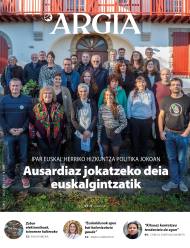

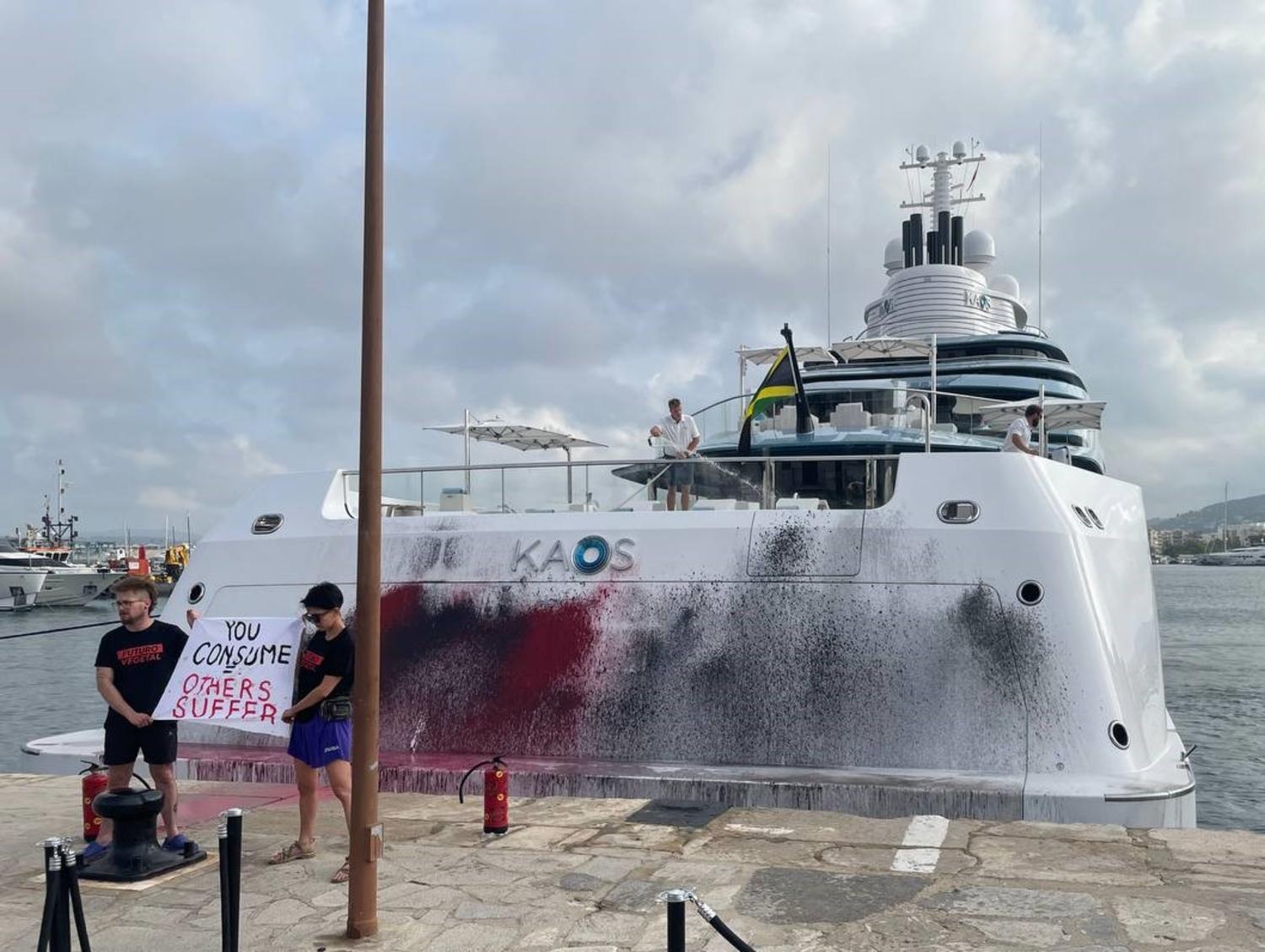
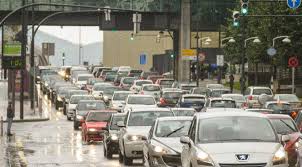

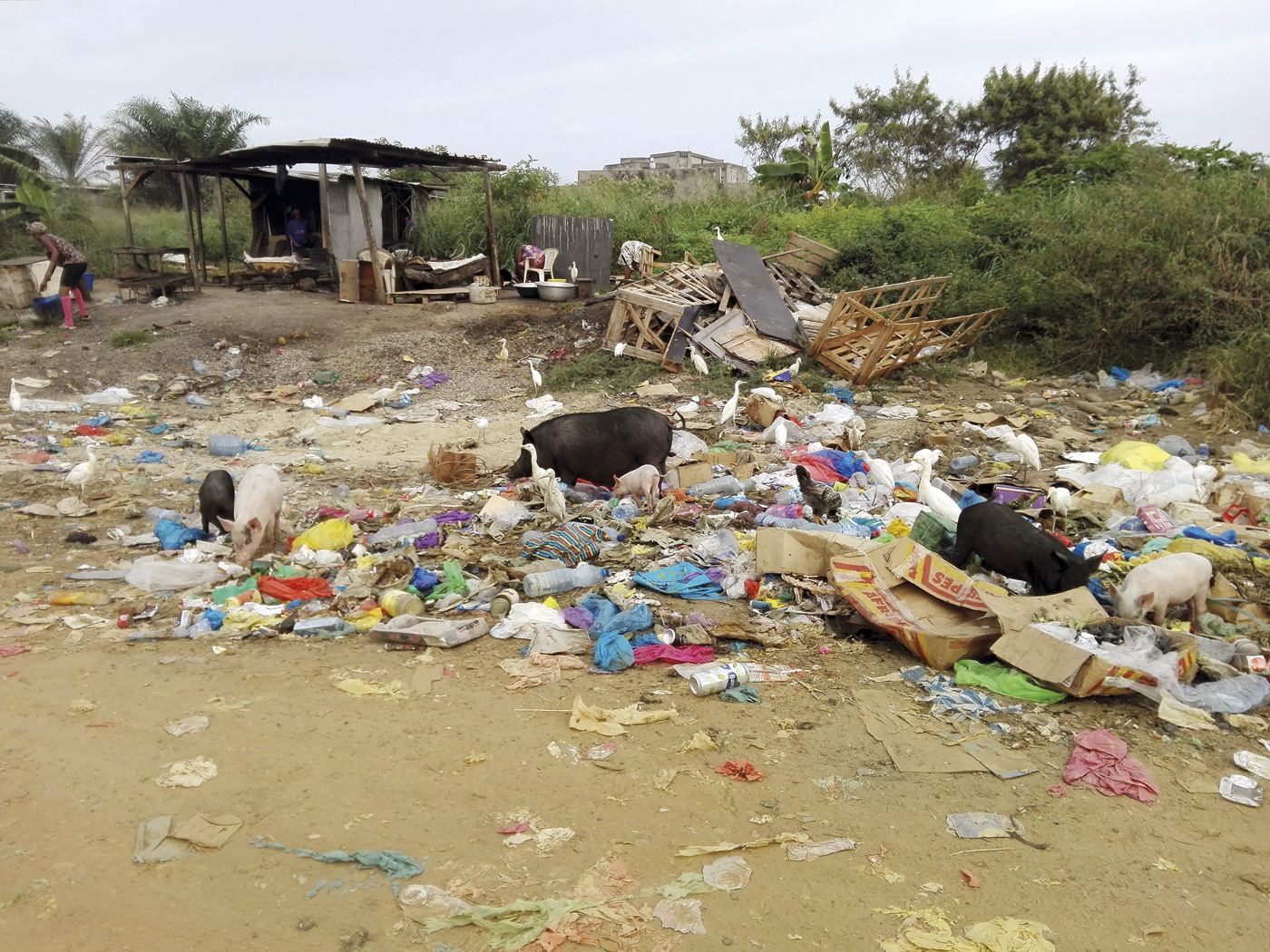


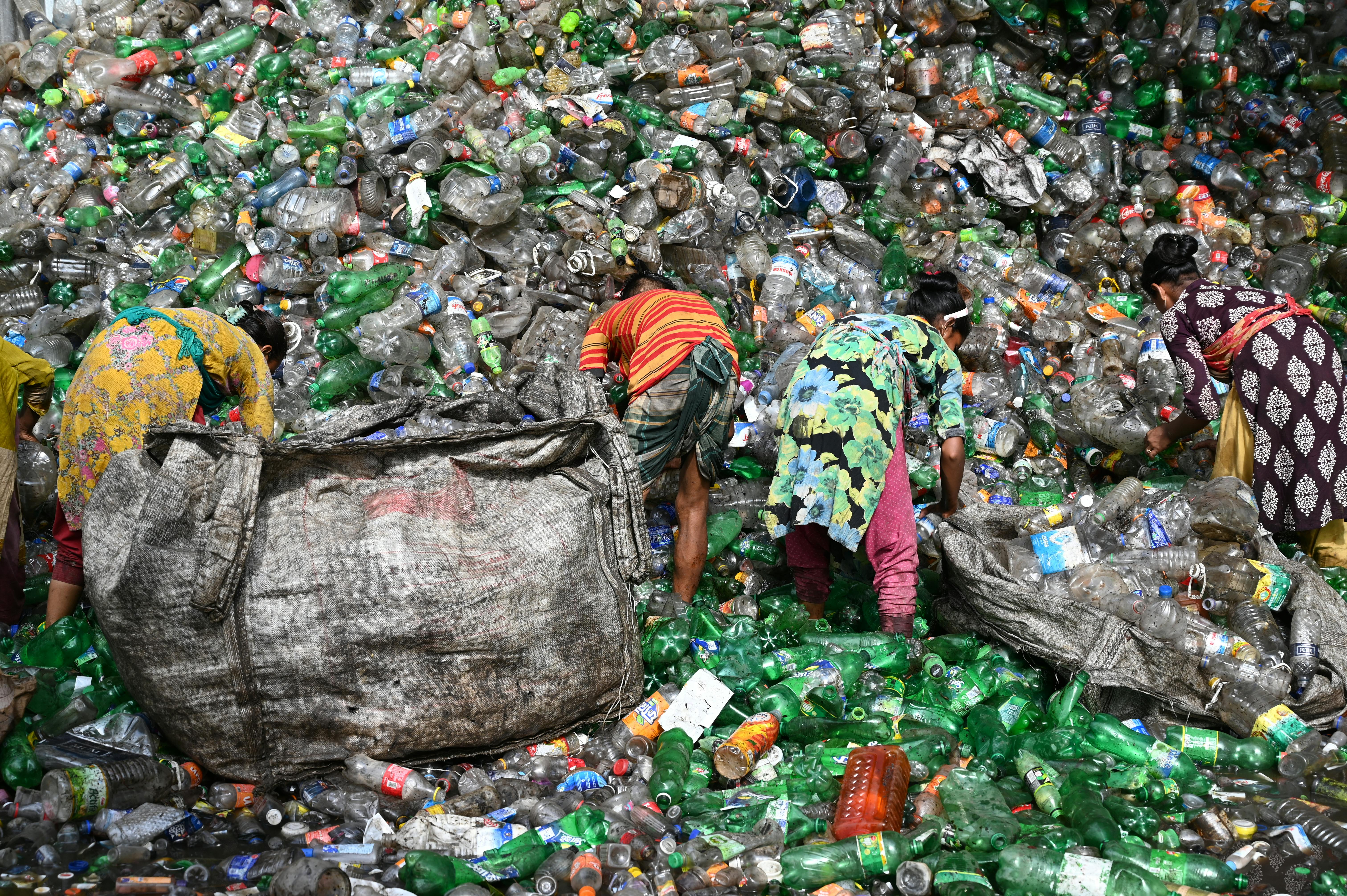
.jpg)

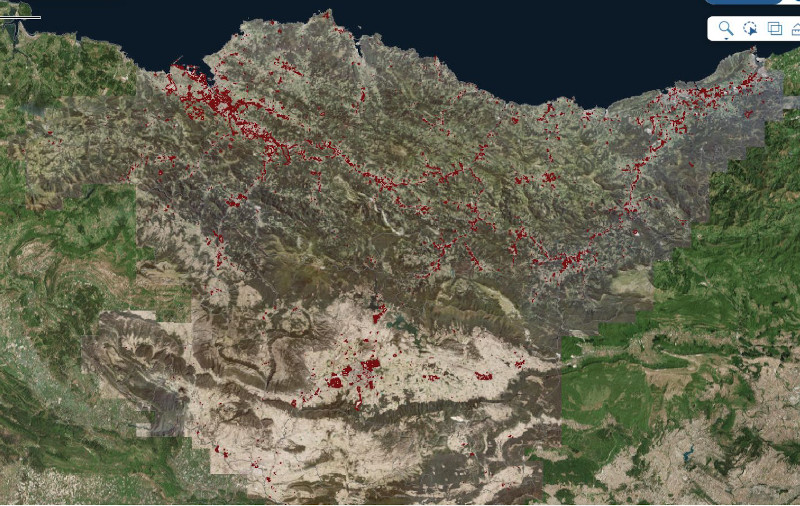
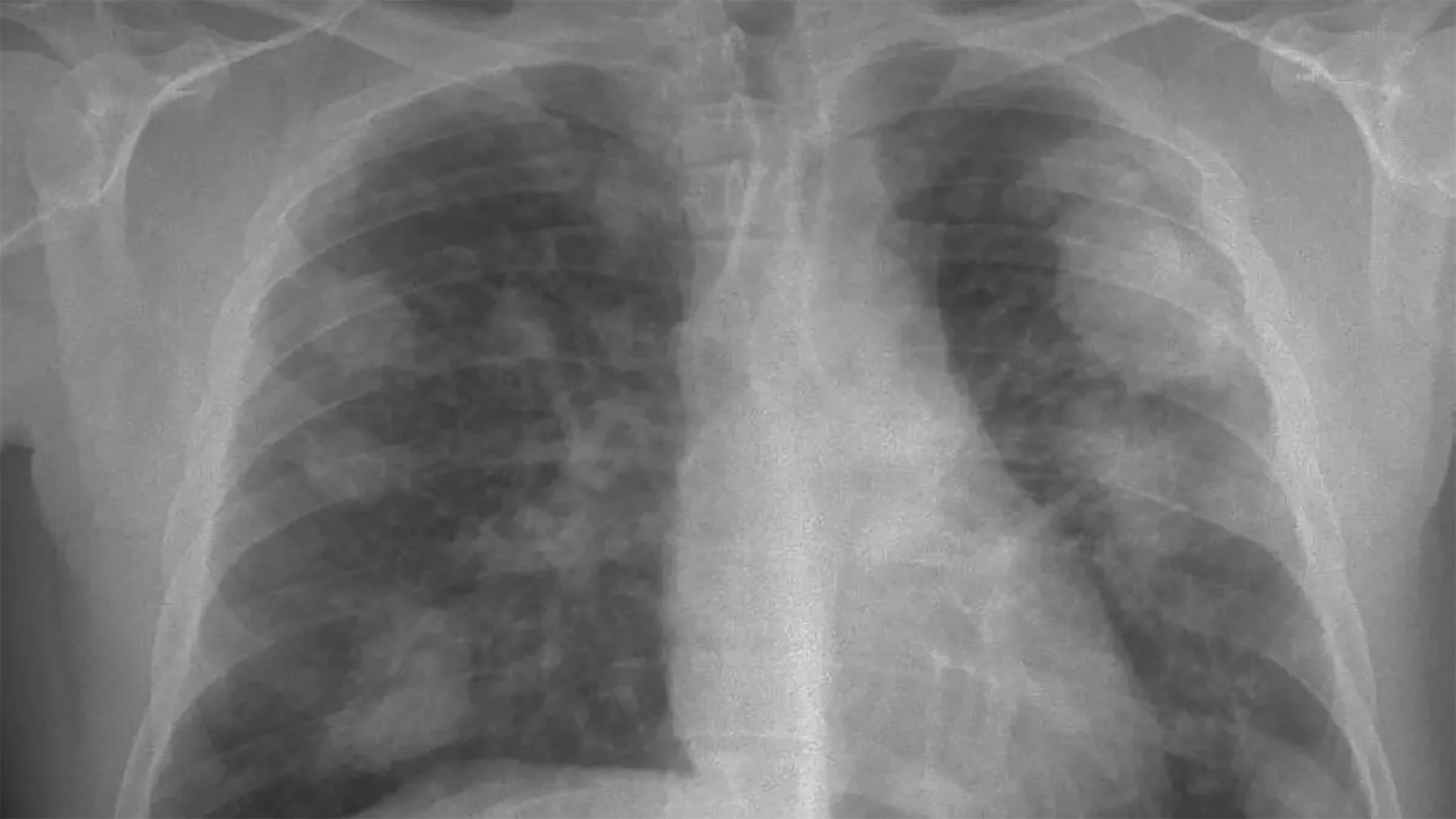
.jpg)
